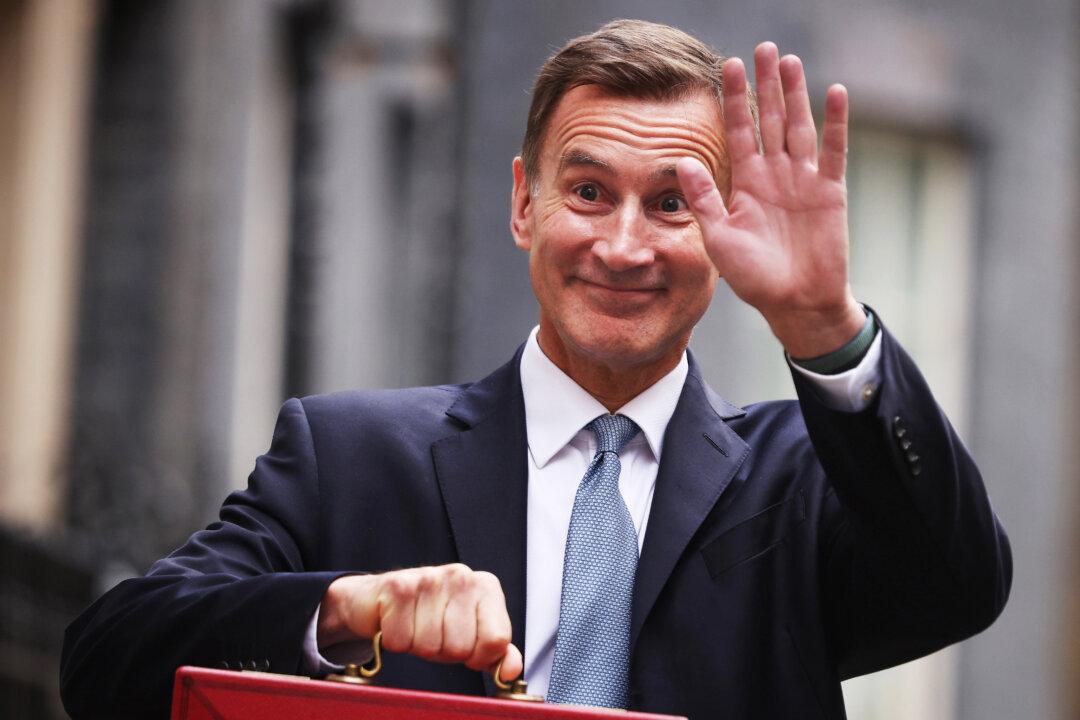Chancellor of the Exchequer Jeremy Hunt on Saturday unveiled the government’s investment plan to boost public sector productivity.
The Treasury committed to investing £800 million by 2029 in a bid to deliver up to £1.8 billion worth of saved time across areas including health care, education, policing, and justice.





